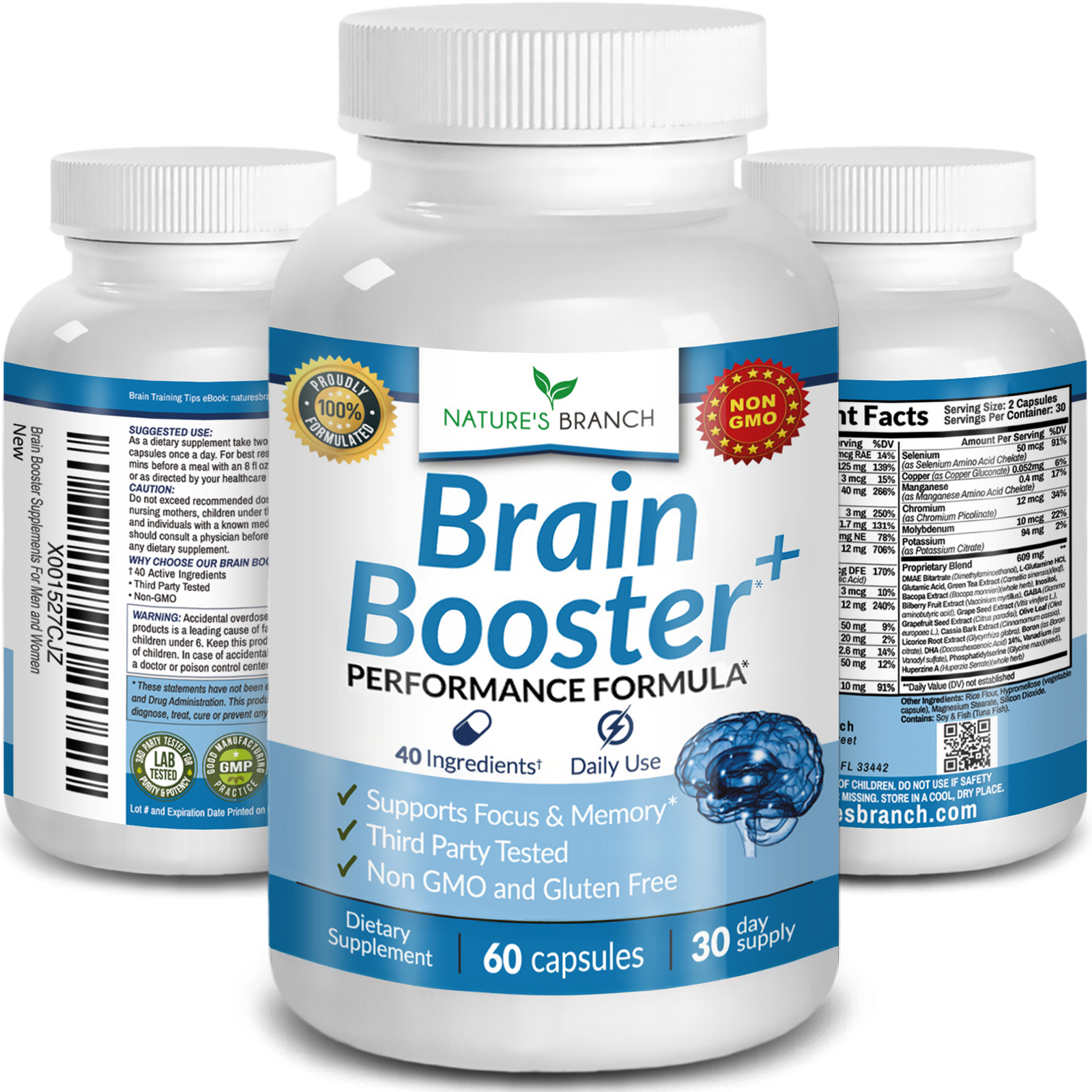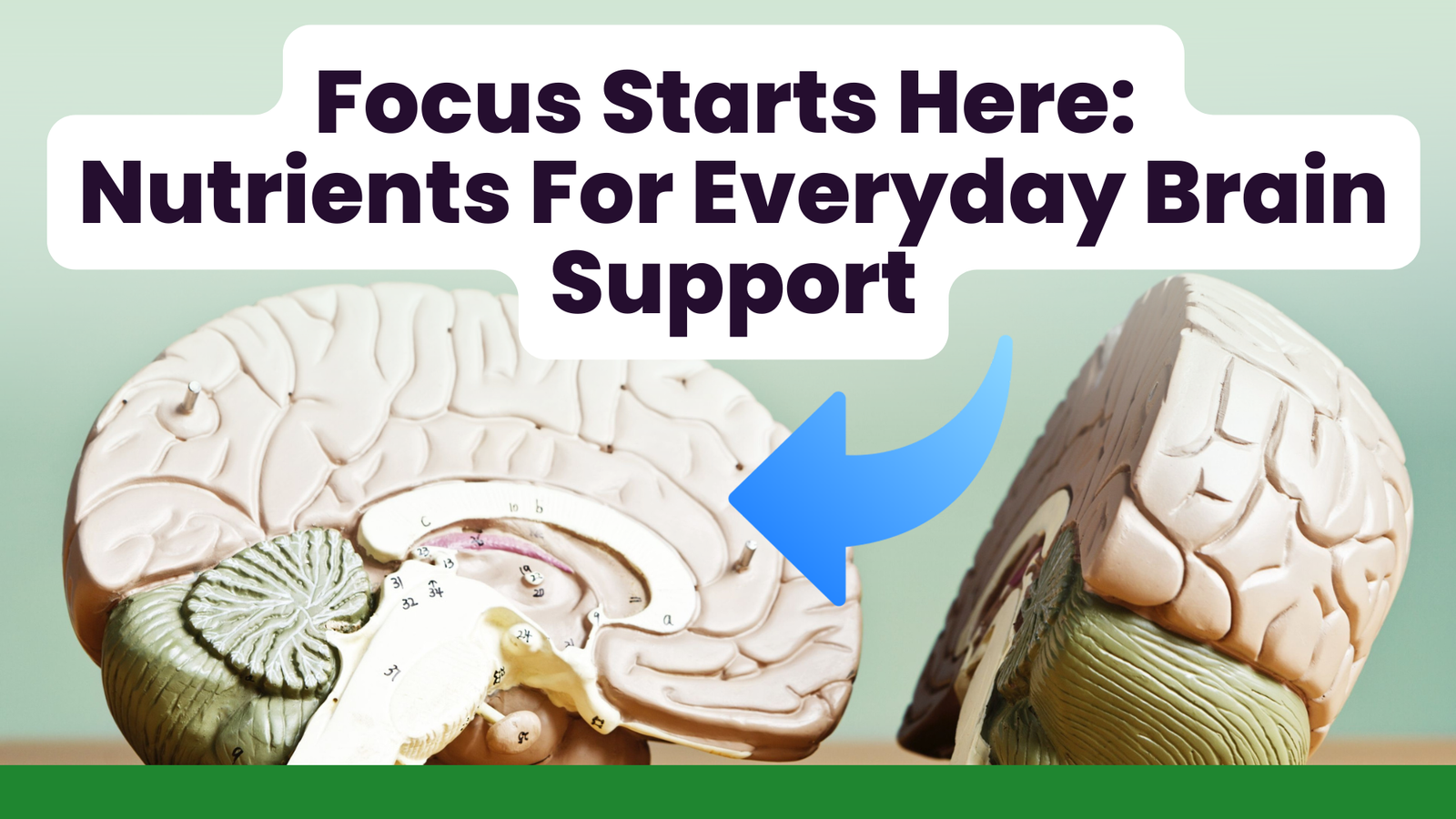It might be challenging to anchor yourself or focus on a job when you are overwhelmed by worry or stress. Although stress and worry are natural reactions in specific situations, enduring them daily may be detrimental to your health.
However, meditation may be something to offset this. Continue reading to discover more about meditation and if it may be right for you.

What is Meditation?
Meditation is a practice that combines several approaches to help individuals concentrate their attention and attain a higher state of consciousness. It may cause changes in awareness and has been proven very popular among groups of individuals.
Meditation entails sitting in a comfortable position and clearing your mind of all other thoughts or focusing your attention on one subject and clearing it of all others. You may concentrate on a sound, such as "ooommm," or on your breathing, counting, a mantra, or nothing.
Meditation sessions should last at least five to twenty minutes without interruption. Longer meditation sessions tend to provide more advantages, but it usually is advisable to start gently so that you may keep the practice in the long run.

1. Stress Reduction
According to a study published in the Clinical Psychology Review [1], mindfulness-based therapies such as meditation have helped support cognitive health, particularly in stress. When confronted with a challenging or stressful situation, our bodies produce cortisol, the steroid hormone responsible for managing stress, and our innate fight-or-flight response, among other things. Chronic stress may result in prolonged and increased cortisol levels, harming your health, cardiovascular and immunological systems, and gastrointestinal health. Meditation, which focuses on relaxing the mind and controlling emotion, may help with chronic stress in the body and minimize its adverse effects.

2. Supports Lower Blood Pressure
Hypertension, often known as high blood pressure, is believed to impact one billion people globally and almost half of the population in the United States[4]. Meditation has, in some cases, shown to support lowering high blood pressure, especially when combined with good lifestyle practices, including a balanced diet and exercise. While evidence has been discovered to support the use of meditation for blood pressure reduction, further study is needed to determine the precise effects of different styles of meditation.

3. Helps the Memory
While meditation is mostly recognized for its ability to help with stress, it may also be supportive for memory. One study discovered that when you meditate, your brain produces more gray matter. Gray matter is essential for good brain cognition because it preserves the hippocampus, which is linked to memory. It is also required for basic human activities, including movement control and mood regulation. The same study discovered that meditation for 30 minutes a day for eight weeks could improve your body's production of gray matter.

4. Supports Mood
Meditation, when practiced over time, may affect how you emotionally react to circumstances. Meditation elements, such as awareness and regulated breathing, might lead to fewer impulsive behavior. This indicates that persons who meditate daily may be able to manage their mood to a better extent rather than reacting from a heightened emotional state such as rage or terror.

5. Aids Self-Awareness
At its core, self-awareness is a calm, inward investigation and self-reflection amid a busy, distracted, overstimulated environment. All of the technical improvements at our disposal - TV, internet, mobile phones, etc. - can distract us from our fundamental nature.
Meditation may be a key to hyper-self-awareness since it is a great technique to reconnect with our genuine selves while quieting the bustling mental chatter. [5] Your boundless potential may shine through once we explore the lovely calm and peace lying within our subconscious brains in meditation, placing your life path on a whole new trajectory.

6. Supports Sleep
Almost half of the population encounters sleeping problems at some point. One study evaluated mindfulness-based meditation methods and discovered that persons who meditated slept longer and were not prone to having a harder time sleeping than those who did not meditate. [6] Skilled meditation may assist you in controlling or redirecting the racing or racing thoughts that frequently cause sleeplessness. It may also help you relax your body, reducing tension and putting you in a calm condition where you're more likely to fall asleep.

7. Accessible anywhere
You may practice meditating in various ways, most of which do not require special equipment or space. You only need a few minutes of practice every day.
Alternatively, consider setting your alarm a few minutes earlier to take advantage of the morning silence. This may assist you in developing a regular habit and allowing you to begin the day on a good note.
If you wish to start meditating, choose a type of meditation depending on what you hope to gain from it.

There are two major styles of meditation:
-
Focused-attention meditation.
This style focuses on a single item, concept, sound, or vision. It focuses on clearing your mind of distractions. Meditation might concentrate on breathing, a mantra, or a soothing sound.
- Open-monitoring meditation. This technique promotes increased awareness of your surroundings, stream of thought, and feeling of self. It might entail being conscious of suppressed ideas, feelings, or urges.
Boost your Meditation routine with ASHWAGANDHA Supplement!
Ashwagandha, Indian ginseng, has been a very popular ayurvedic herb for generations.
When taken regularly, ashwagandha may help support natural stress response, aid memory and cognition, and help sleep*. Its healthy inflammation response may also help support skin and hair health, making it an excellent complement to your regimen.*
Nature's Branch Ashwagandha with Black Pepper is designed in helping to support the body's energy levels and mood. Each of our ashwagandha capsules is Certified Organic by UDAF and made with Organic Ashwagandha root powder for a premium experience. It is also cGMP certified and third-party tested for potency and purity. For an extra absorption boost, we've added black pepper for a powerhouse combination. Our Ashwagandha supplement is also all-natural, vegan, and GMO-free. Click below to learn more:
-
Mejia, Z. (2022, February 23).10 Science-Backed Benefits Of Meditation. Forbes Health. Retrieved September 29, 2022, fromhttps://www.forbes.com/health/mind/benefits-of-meditation/#footnote_1
-
Miller, J. J. (n.d.).Three-year follow-up and clinical implications of a mindfulness meditation-based stress reduction intervention in the treatment of anxiety disorders☆. ScienceDirect. Retrieved September 29, 2022, fromhttps://www.sciencedirect.com/science/article/abs/pii/016383439500025M
-
Mental Health: General Hospital Psychiatry | Free Essay Example. (2020, April 29). StudyCorgi.com. Retrieved September 29, 2022, from https://studycorgi.com/mental-health-general-hospital-psychiatry/
-
Booth, J. (2022, April 26).Normal Blood Pressure Numbers By Age. Forbes Health. Retrieved September 29, 2022, fromhttps://www.forbes.com/health/healthy-aging/normal-blood-pressure-chart-by-age/
-
Fraga, J. (2019, May 23).Here’s How Self-Reflection Can Strengthen Your Emotional Intelligence. Healthline. Retrieved September 29, 2022, fromhttps://www.healthline.com/health/mental-health/time-for-some-self-reflection
- Ong, J. C. (2014, September).A Randomized Controlled Trial of Mindfulness Meditation for Chronic Insomnia. Oxford Academic.https://academic.oup.com/sleep/article/37/9/1553/2416992











Leave a comment (all fields required)